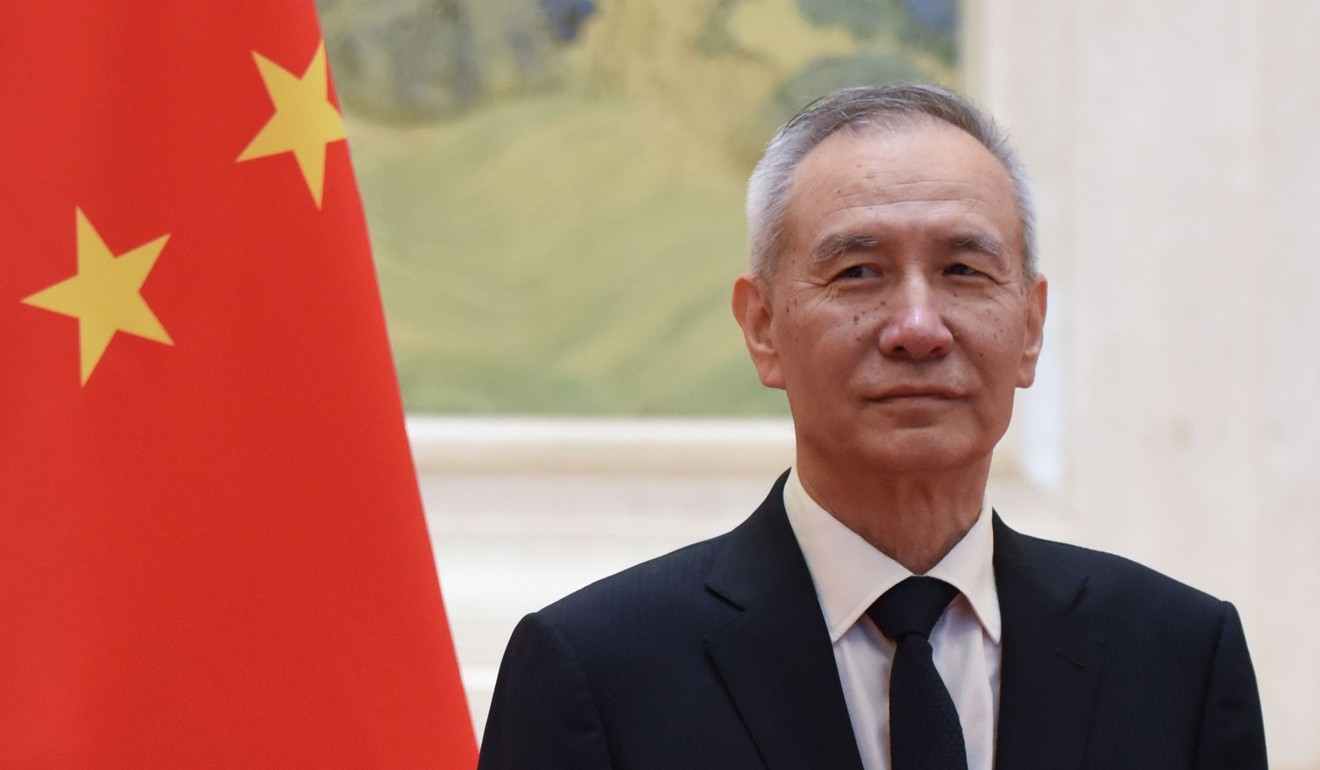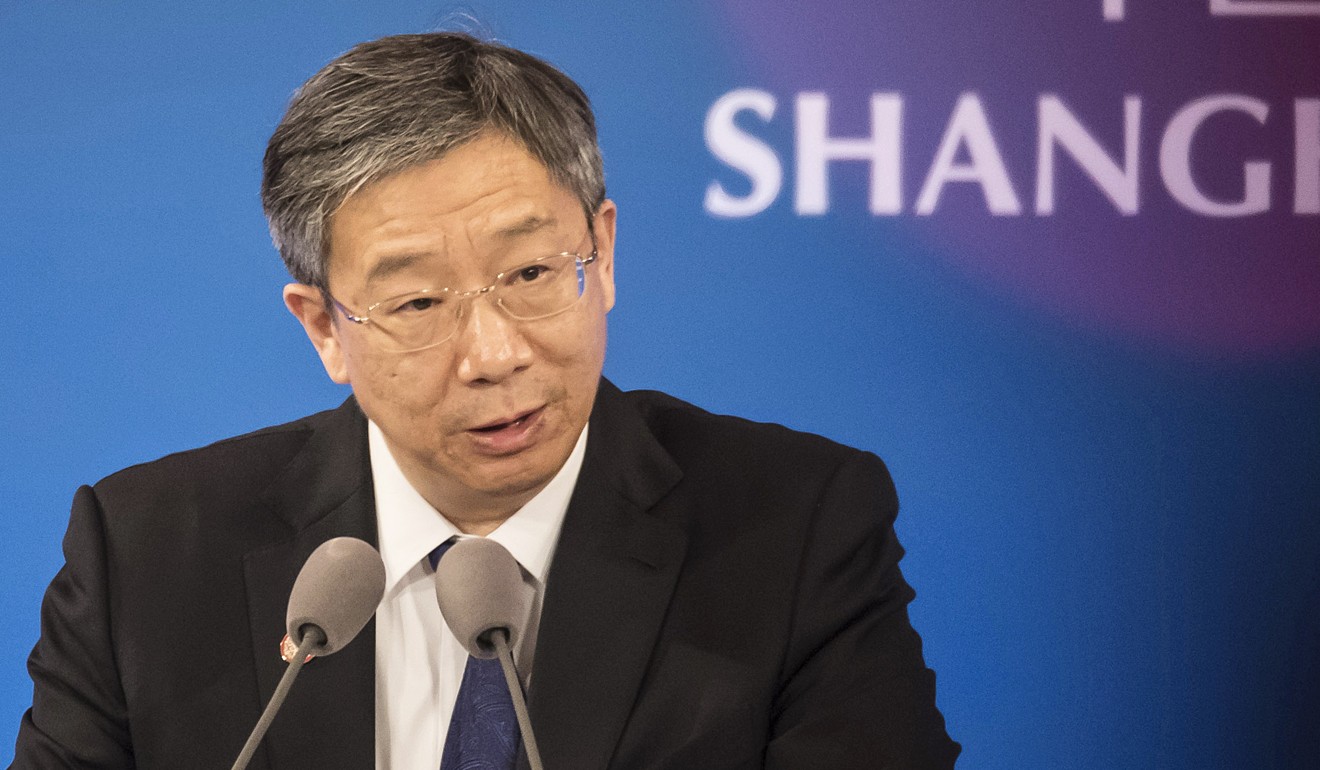
People's Bank of China hires two new deputy governors in battle against financial risks
This is the biggest change of the country’s central bank leadership structure in a decade

China’s central bank has boosted the number of its deputy governors to fulfil its expanding role in battling financial risks in the word’s second-largest economy.
The People’s Bank of China (PBOC) added two new deputy governors, increasing the quota of deputies from four to six, according to Chinese financial magazine Caijing. The central bank’s website has not updated its leaders’ page, which still showed four vice-governors. The bank did not reply to requests for comment.
If confirmed, it would mark the biggest change in the central bank’s leadership structure in a decade, reflecting Beijing’s precautionary institutional arrangements to cope with an increasingly complex financial world at home and a rising challenge of trade war abroad. The internal structure of the central bank should have one governor and four deputies, according to a central government statement issued in 2008.
According to the Caijing report, one of the new deputy governors is Liu Guoqiang, who was an assistant governor at the PBOC, and the other is Zhu Hexin, who was a deputy governor in Sichuan province and is a veteran Chinese state bank official.
The new structure was expected to help the central bank perform its various functions, including cutting leverage in the economy, reining in shadow banking activities, and managing the yuan exchange rate, analysts said.
Unlike its Western counterparts such as the US Federal Reserve and the European Central Bank, the PBOC is part of the cabinet of the Chinese government and is legally bound to pursue four different, and sometimes conflicting, policy objectives: keeping inflation in check, ensuring full employment, promoting economic growth and striving for balance in international payments.

Chinese President Xi Jinping’s requirement of preventing systemic financial risks has added to the central bank’s workload. For instance, it was forced to step into the stock market directly during a rout in the summer of 2015.
In addition, China has created a super financial commission, the Financial Stability and Development Committee, which is headed by Vice-Premier Liu He, Xi’s right-hand man in economic policymaking. The committee’s office was set up at the central bank to deal with day-to-day operations, including coordination with dozens of government and Communist Party organs that have a role in ensuring financial stability, including the party’s discipline arm and the country’s police force.
Zhao Xijun, a professor of finance at Renmin University in Beijing, said the central bank’s growing role in keeping China’s financial system from any major crisis or even a meltdown had undoubtedly increased the bank’s workload.
“In addition to its traditional role of making monetary policy and exchange rate policies, the PBOC’s new responsibility in financial stability and macroprudential regulation requires it to have more resources and corresponding personnel,” Zhao said.

Liu Guoqiang, one of the new deputy governors, worked in the National Bureau of Statistics for almost two decades until 2002 when he was promoted to the office of Central Leading Group for Financial and Economic Affairs. He joined the PBOC at the end of 2016.
Zhu, the other new vice-governor, is an experienced banker with a career of more than two decades in Bank of Communications and Bank of China, two of China’s “big five” state-owned commercial banks, before he became a Sichuan vice-governor in June 2016.
They will join forces with Yi Gang, the central bank governor, and the existing four deputy governors – Guo Shuqing, Chen Yulu, Pan Gongsheng and Fan Yifei – to implement the latest instructions from China’s top leadership. Guo is also the party secretary at the central bank and the chairman of the China Banking and Insurance Regulatory Commission.
At a key decision-making meeting chaired by Xi on Tuesday, the Communist Party’s Politburo said it would remain focused on reducing debt and creating jobs despite the “clear changes” in the external economic environment.
China would try to “stabilise employment, stabilise finance, stabilise foreign trade, stabilise foreign direct investment, stabilise investment, and stabilise expectations”, it said in a statement.